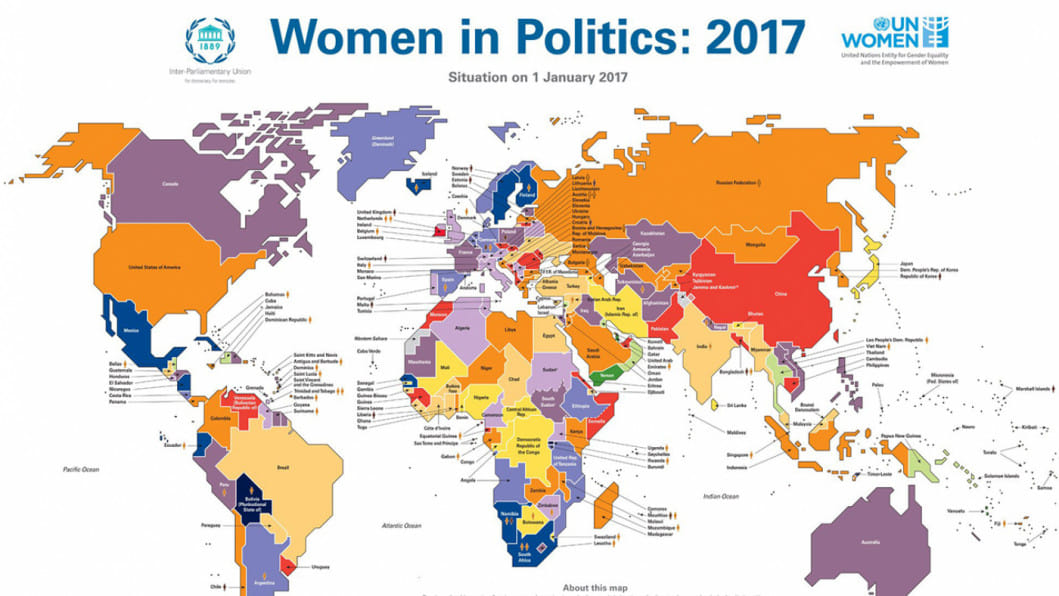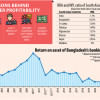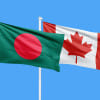Women in parliament: Bangladesh 4th in South Asia

Among the South Asian countries, Nepal tops the index of women in national parliaments with Bangladesh obtaining fourth position, according to data released by Inter-Parliamentary Union.
Afghanistan ranks second, Pakistan third, India fifth, Bhutan sixth, Maldives seventh and Sri Lanka obtains eighth position.
Globally Nepal ranks 48 while Afghanistan 54, Pakistan 70, Bangladesh 91, India 148, Bhutan 170, Maldives 179 and Sri Lanka 180th of the 190 countries, according to “Women in Politics 2017 Map” released by IPU on March 15.
Currently in Bangladesh parliament, the prime minister, speaker and leader of the opposition are women. Another woman leader is the chief of one of the two major political parties. Women leaders have been leading the government for last 27 years since restoration of parliamentary democracy in 1991 in the nation.
Yet, Bangladesh could not beat three other South Asian countries, let alone brighten its position globally.
In the global map, Rwanda, a war torn central African country, emerged as a model of women empowerment by holding the top position.
More than 60 percent MPs of Rwanda are women. The number of women in politics increased sharply in Rwanda following killings of male in the civil war in the country.
Since 1994, after end of genocide, Rwanda has been working hard to create a peaceful state. Women have been playing significant role in all efforts.
Analysing the data contained in the 2017 map, IPU said the number of women in parliaments worldwide has stagnated, with only marginal improvements since 2015.
The map shows slow progress towards gender equality in these areas at regional and national levels.
In the IPU conference kicked off today, participants urged for increasing women representation in the national parliaments.

 For all latest news, follow The Daily Star's Google News channel.
For all latest news, follow The Daily Star's Google News channel. 








Comments